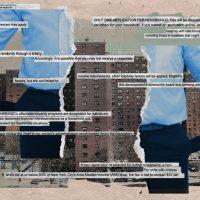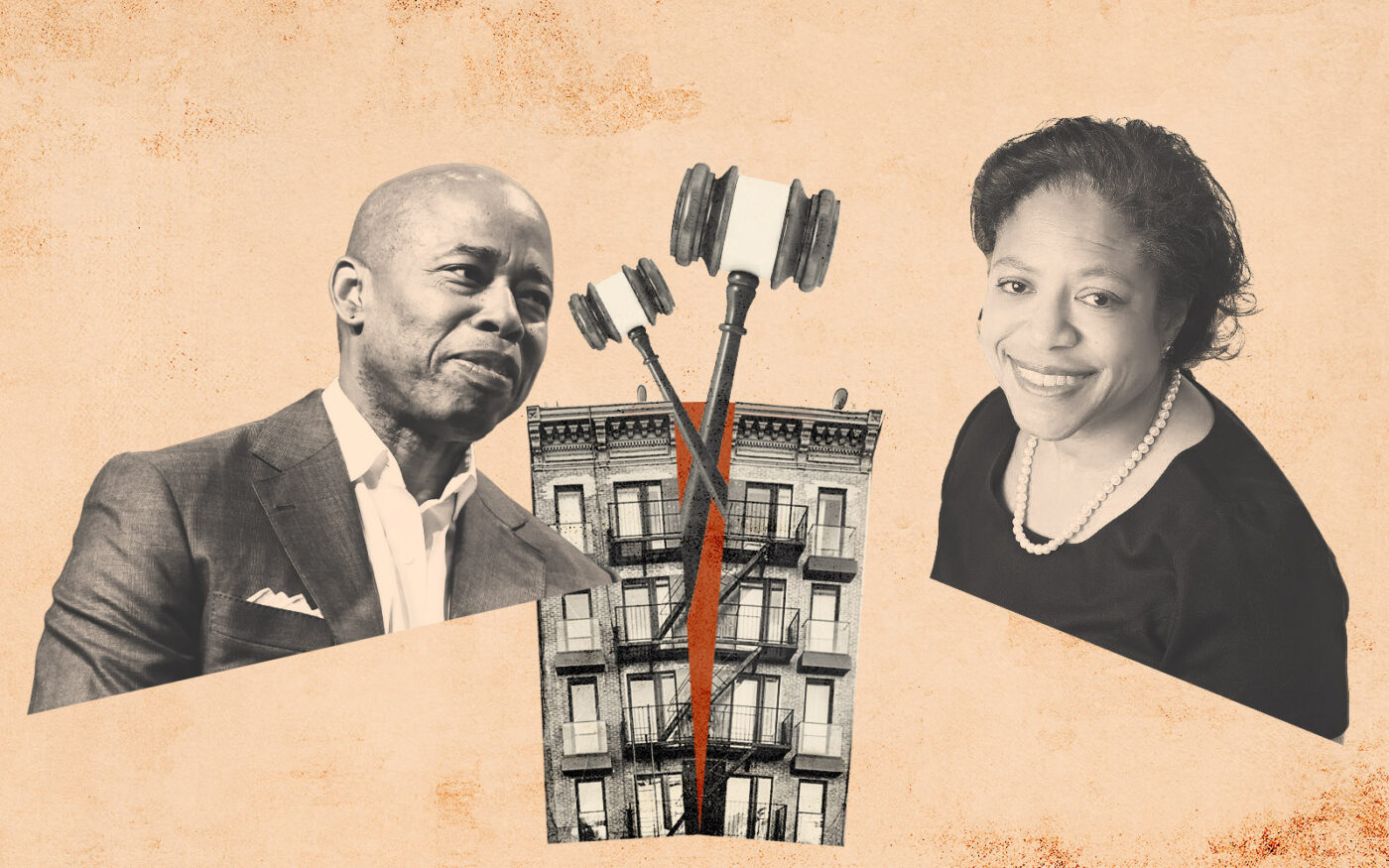New York City could be on the verge of changing a longstanding practice deemed as promoting segregation in its affordable housing lottery system.
The city’s Law Department is in settlement talks over a federal lawsuit against the system of giving neighborhood residents preference in affordable housing lotteries, The City reported. If the settlement talks stall, the case is expected to go to trial early next year.
The details of the talks aren’t clear, but the administration and plaintiff’s counsel exchanged offers last month.
The “community preference” policy dates back 35 years. Introduced under Mayor Ed Koch, it required 30 percent of affordable housing units to go to neighborhood residents for new developments as a means to appease local politicians. The number has since been upped to 50 percent.
While tenants stand to be affected most by a change to the policy, the case stands to affect developers. Setting aside a number of units for those living in a community has helped to get projects approved. Ending the set-aside could make it harder for developers to overcome NIMBY opposition in some neighborhoods.
In 2015, Craig Gurian filed a lawsuit on behalf of two Black New Yorkers who entered city-run lotteries for housing outside of their districts and were not selected. The lawsuit alleges the community preference policy violates the federal Fair Housing Act because it reinforces racial segregation.
Data presented by Gurian in the case show apparently eligible Black applicants make up 34 percent of outsider pools and 10 percent of insider pools. White applicants make up 10 percent of outsider pools and 27 percent of insider pools. Leases signed through the lotteries are split 50-50 between insiders and outsiders, according to HPD.
The case almost hit a snag in May, when it was revealed that a relative of Judge Laura Swain, who is presiding over the case, entered the affordable housing program lottery. Swain offered her recusal, but lawyers on both sides of the case agreed that it wasn’t necessary.
Mayor Eric Adams hasn’t officially weighed in on the community preference policy and has seemed to indicate support for both sides of the argument in the past. However, his administration is defending the current system.
Regardless of the policy, lottery entrants face long odds: from 2014 to 2020, only 0.1 percent of lottery applications led to signed leases.
— Holden Walter-Warner
Read more



